Members
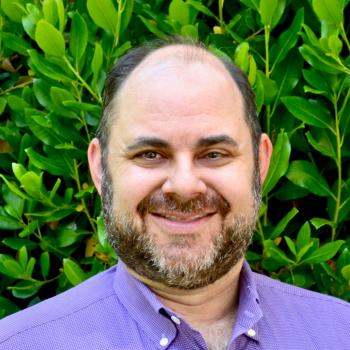
Indication:
PsychiatryModality:
DiagnosticJacob Ballon , MD
Clinical ProfessorJacob S. Ballon, M.D., M.P.H. specializes in the treatment of people with psychotic disorders including schizophrenia. He is the Co-Director of the INSPIRE Clinic at Stanford which provides interdisciplinary care for people experiencing psychosis. He is also the medical director of H2 acute inpatient unit at Stanford Hospital. Dr. Ballon completed his residency at Stanford in 2009 and a Schizophrenia Research Fellowship at Columbia University in 2011.
Full Profile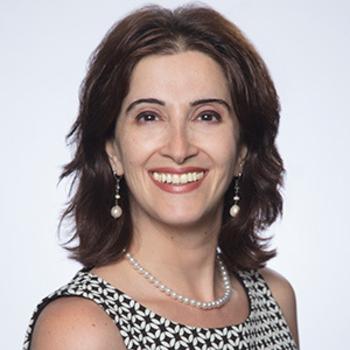
Indication:
Child/Maternal HealthModality:
Biologic, DiagnosticLusine Aghajanova , MD, PhD
Clinical Assistant ProfessorDr. Lusine Aghajanova is double board certified in ObGyn and in Reproductive Endocrinology and Infertility (REI), a Clinical Assistant Professor of ObGyn and REI at Stanford University and a member of Maternal & Child Health Research Institute (MCHRI). Her clinical interests include endometrial/uterine aspects of fertility and assisted reproduction. Dr. Aghajanova is a respected researcher in the field of endometrial receptivity, implantation and endometriosis, endometrial regeneration, with >70 peer-reviewed publications. She is active peer-reviewer for over 12 professional journals, is currently as Associate Editor for Human Reproduction, and serves on Editorial Board for Fertility&Sterility Reports and for JARG
Full Profile
Indication:
NeurologyModality:
Imaging AgentGiacomo Annio , PhD
Visiting PostdocI am a physicist by training (MSc) with a strong focus on Applied Biomechanics. I earned a Master of Research in Medical Imaging and obtained an EPSRC fellowship to carry out my PhD in University College London. Through research I gained a diverse background embedding imaging and diagnostic methodologies at microscopical level (nanotechnology) and at macroscopic level (using MRI). I developed a highly international character, having studied and worked in 5 countries (Italy, France, United Kingdom, Norway and United States). My project aims at identifying macroscopical biomechanical biomarkers to assess brain tumours response to treatments.
Full Profile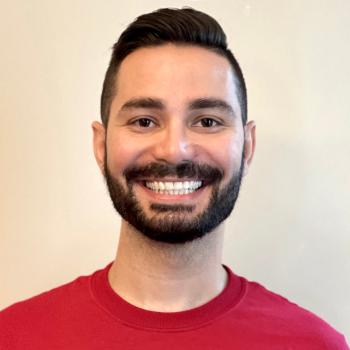
Indication:
Anti-infective, Immunology, Other, PregnancyModality:
Antibiotic, Biologic, Imaging Agent, Small MoleculeSiavash Azari , PhD
Postdoctoral ScholarI am a postdoctoral researcher from Tehran, Iran. I joined Dr. Shirit Einav's lab in September 2021. The focus of my research is on developing novel, selective inhibitors of the Numb-Associated Kinases (NAK) as broad-spectrum antivirals. These inhibitors are potent against multiple unrelated viruses which our lab has shown rely on members of the NAK family for effective replication, including dengue virus (DENV), Venezuelan Equine Encephalitis Virus (VEEV) and SARS-CoV2. I am also interested in discovering novel substrates of NAKs and better characterizing the signaling pathways they regulate in cell biology and viral infection. My PhD dissertation under Dr. Stephanie Seveau's supervision at The Ohio State University was focused on the role of fetal placental macrophages in mother-to-fetus transmission of listeriosis. My master’s thesis at Qazvin University of Medical Sciences in Qazvin, Iran, was on a modified derivative of rotavirus toxin NSP4 as a candidate for vaccine production. I enjoy doing translational research that can be used as a stepping stone toward the development of therapeutics to battle human diseases. My hobbies are: Learning foreign languages, cooking, traveling, exploring food from different cultures, and inventing new cocktails with tequila! Fun fact: To do research at Stanford, I moved by driving 2,500 miles across the country from Columbus, Ohio to San Jose, California, and had the greatest road trip of my life!
Full Profile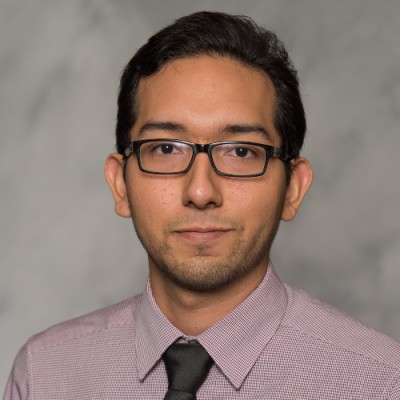
Indication:
Otolaryngology (ENT)Modality:
AntiobioticBrian Bacacao , PhD
Research AssociateBrian Bacacao is a research associate specializing in Microbiology. He joined the Santa Maria lab in 2019 after completing his bachelor of science in Biology at Arizona State University. His research interests are in biotechnology and drug discovery.
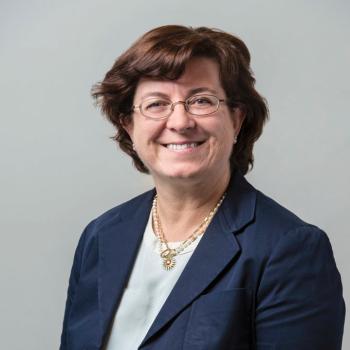
Indication:
Child/Maternal Health, Gene Therapy, Immunology, Rare/Orphan DiseasesModality:
Diagnostic, Gene/Cell TherapyRosa Bacchetta , MD
Associate ProfessorPhysician scientist, pediatric immunologist by training. Research focused on regulatory T cells and immune tolerance. Expert in autoimmune genetic diseases and other Tregopathies. IND sponsor for an engineered Treg cell product for Phase 1 trial in IPEX syndrome, a novel orphan drug designated therapy, about to begin at Stanford. Continuing to investigate immune regulatory disorders, improve diagnostics and developing definitive treatments based on cell/gene therapy. Former SPARK Scholar, Member of CDCM and MCHRI.
Full Profile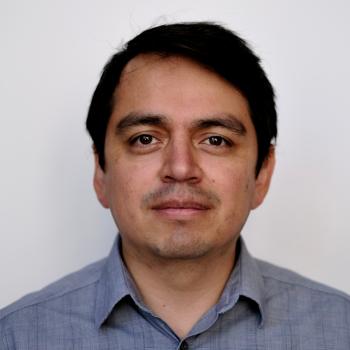
Indication:
OtherModality:
Small MoleculeGustavo Balanza Villegas , MD
PostdocI am a Bolivian physician and a postdoctoral fellow at the Purdon Lab. My research in the US has contributed to the characterization of an EEG biomarker of fentanyl's brain effect. Additionally, my work has provided new insights into how opioid administration in perioperative settings can influence acute and long-term outcomes in patients. My overarching goal is to tackle the opioid crisis by applying a transnational neuroscience perspective to clinical practice. I perceive addiction not solely as a medical condition but also as a facet of consumer behavior.
Full Profile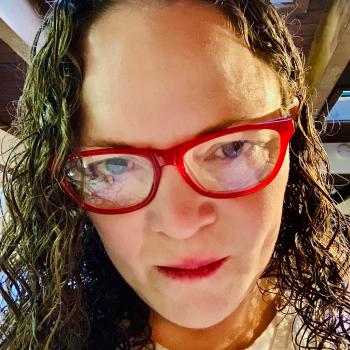
Indication:
Anti-infective , Child/Maternal Health , Immunology , NeurologyModality:
Antibiotic , Cell Therapy , Device , Small MoleculeAnnelise Barron , PhD
Associate ProfessorAnnelise E. Barron is the W.M. Keck Associate Professor of Bioengineering at Stanford University. She was trained as a chemical engineer at the Univ. of Washington (B.S.) and U.C. Berkeley (Ph.D.), and was a Pharmaceutical Chemistry postdoc with Prof. Ken A. Dill (UCSF) and Dr. Ronald N. Zuckermann (Chiron Corp.). She has served on the faculty at Stanford since 2007, and prior to that, served on the Chemical & Biological Engineering faculty of Northwestern University in Evanston, IL for 10 years (1997-2007). In Fall 2020, Dr. Barron was awarded the NIH Pioneer Award, through NIH/NIA, for Alzheimer's disease research.
Full Profile
Indication:
OtherModality:
DeviceSatvir Basran
Clinical Research Coordinator AssociateSatvir Basran is passionate about improving healthcare through technology and innovation.
Full Profile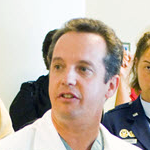
Indication:
Anesthesia , Child/Maternal Health , Global Health , OtherModality:
Small MoleculeEdward Bertaccini , MD
ProfessorDr. Bertaccini is a native of San Jose, California. He graduated Summa Cum Laude in Biochemistry and Quantum Physics from UC Davis and obtained his MD from St. Louis University. He completed his internship at the Santa Clara Valley Medical Center, and his anesthesiology residency and ICU fellowship at Stanford. He is currently a Professor of Anesthesiology and ICU Medicine at Stanford and the Palo Alto VA. He is internationally recognized for research on the molecular modeling of anesthetic action. He has played an integral role in teams that have achieved national recognition for cardiac surgery and intensive care outcomes
Full Profile
Indication:
Gene Therapy, OtherModality:
Gene/Cell TherapyVivek Bhalla , MD
Associate ProfessorDr. Bhalla is an adult nephrologist and a physician-scientist at the Stanford University School of Medicine and the founding director of the Stanford Hypertension Center. His laboratory studies molecular mechanisms of chronic kidney disease. He uses a combination of transgenic mice, renal physiology, and molecular biology to address research questions. In collaboration with other SPARK members, Dr. Bhalla has worked on gene editing of renal epithelial cells and targeted kidney delivery with applications for several kidney diseases, including polycystic kidney disease, the most common form of monogenic disease in humans.
Full Profile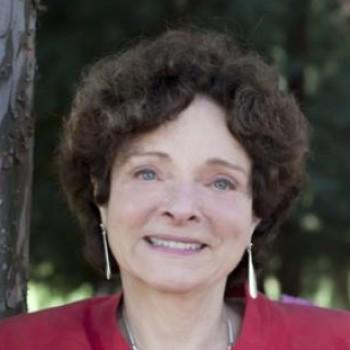
Indication:
ImmunologyModality:
Small MoleculeHelen Blau , PhD
ProfessorBlau's research area is regenerative medicine with a focus on stem cells. She is world-renowned for her work on nuclear reprogramming and demonstration of the plasticity of cell fate using cell fusion. These studies provided the scientific underpinnings for mammalian cloning and induced pluripotent stem cells. Blau also led the field with novel approaches to treating muscle damage due to disease, injury, or aging. She pioneered the design of biomaterials to mimic the in vivo microenvironment and direct stem cell fate. A major focus of her current work is the rejuvenation of aged tissues.
Full Profile
Indication:
Metabolic , OncologyModality:
Biologic , Small MoleculeCecelia Brown , MS
PhD Student in BiologyHello! I am a fourth-year graduate student in the Skotheim Lab in the Department of Biology. Our lab studies cell cycle control and cell size. Within this realm, I am interested in developing compounds that disrupt progression through the cell cycle. Prior to coming to Stanford, I went to San Francisco State University for Masters and San Jose State University for my undergraduate degree. I was born and raised here in the Bay Area and my hobbies outside of science include, reading, cooking, winter sports, tennis, and exploring the outdoors.
Full Profile
Indication:
OtherModality:
Small MoleculeChris Caridi , PhD
High-Content Imaging Scientist, Innovative Medicines Accelerator (IMA)High throughput screening knowledge center scientist
Full Profile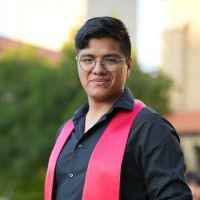
Indication:
Anti-infective, Child/Maternal Health, Dermatology, Gene Therapy, Immunolog , Metabolic, Neurology, Oncology, Platform, PulmonaryModality:
Antibiotic, Cell Therapy, Device, Small MoleculeAdrian Castaneda Juarez
Laboratory ManagerUnrelenting researcher/engineering in biotech with a strong bias for entrepreneurship advocacy, and mentorship in DEI.
Full Profile
Indication:
Global Health, Immunology, OncologyModality:
Biological, Device, Gene/Cell Therapy, VaccineShiya Cen
Masters StudentI am a first year master student at Stanford School of Medicine. Before coming here, I finished my M.D. with a specialty in oncology. My research focuses in clinical trials, immunotherapy and target therapy in gastric cancer. I also have a strong interest in bridging the scientific world and clinical studies with commercialization.
Full Profile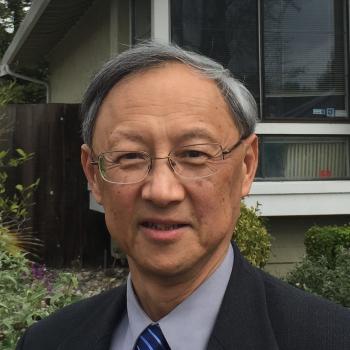
Indication:
MetabolicModality:
DeviceChehong Chen , PhD
Senior Research ScientistSenior Research Scientist focusing on diseases caused by aldehyde toxicity and aldehyde metabolism. Interested in the role of different ALDH gene member and their variations in different ethnic populations. Successfully discovered small molecule activators and modulators for different ALDH isozymes. Current efforts also involve public health eduaction, awareness of alcohol flushing and prevention of alcohol-induced upper aerodigestive track cancer among the East Asians.
Full Profile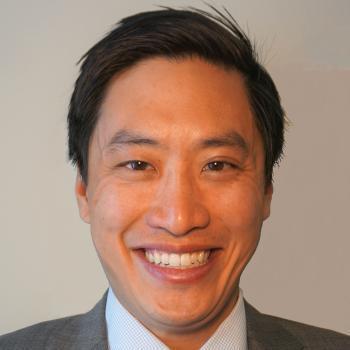
Indication:
OncologyModality:
Small MoleculeChris Chen , MD
Assistant ProfessorDr. Chen is a board-certified, fellowship-trained specialist in oncology and hematology. He is also an Assistant Professor in the Division of Oncology in the Department of Medicine at Stanford University School of Medicine.
Full Profile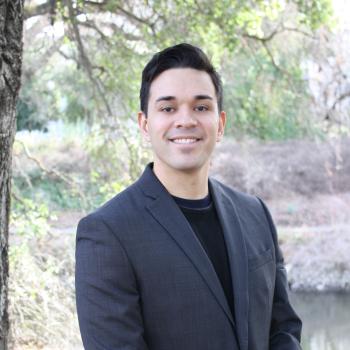
Indication:
NeurologyModality:
Cell Therapy, Diagnostic, Small Molecule, VaccineAngel Cobo , Ph.D.
Drug Development Portfolio ManagerPh.D. scientist with strong business acumen. Interested in entrepreneurship and business development in biotechnology, healthcare, and agricultural sectors. Seeking to apply translational skills and capital raising strategies in private equity for the commercialization of innovative technology in public and private markets.
Full Profile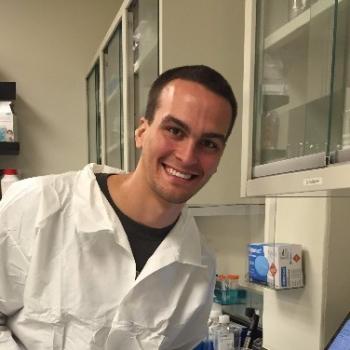
Indication:
Global Health , Immunology , OncologyModality:
Cell Therapy , Device , DiagnosticSeth Cordts
Graduate StudentI am a PhD student working in the Sindy Tang lab on biomedical microdevices for generating unifromly-sized micro cancer organoids from patient tumor biopsies. We hope to use this device and the organoids for personalized medicine, and drug testing/discovery.
Full Profile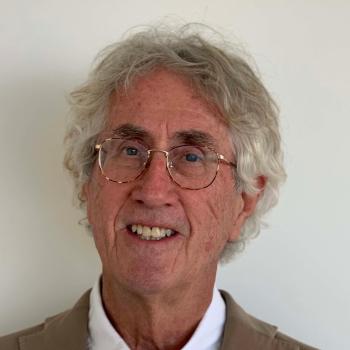
Indication:
OncologyModality:
Small MoleculeGerald Crabtree , MD
Professor of Pathology and of Developmental BiologyOur laboratory is interested in chromatin regulation and its role in neurodevelopmental diseases and cancer. We focus primarily on the SWI/SNF-like BAF ATP dependent chromatin remodeler.
Full Profile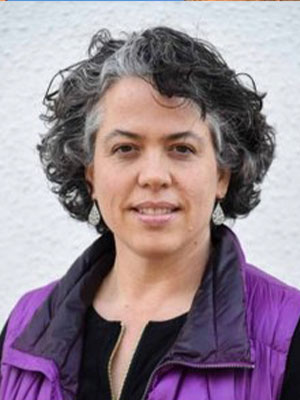
Indication:
Cardiovascular, Metabolic, NeurologyModality:
Diagnostic, Small MoleculeLaurel Crosby , PhD
Research EngineerI am the Director of Innovation at the Stanford ME/CFS Collaborative Research Center. As one of the founding members of the center, I am responsible for developing research study protocols and establishing collaborative relationships with other academic labs, physicians, and industry partners. My own research work is focused on molecular diagnostic methods to detect tetrahydriobiopterin (BH4) deficiency and excessive ROS production. My goal is to identify and test classes of therapeutic agents that mitigate overproduction of ROS in diseases associated with BH4 insufficiency.
Full Profile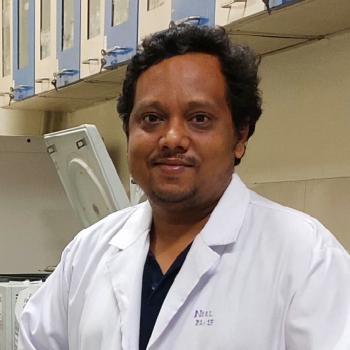
Indication:
OtherModality:
Cell Therapy, Biologic, Small MoleculeNeeladrisingha Das , PhD
PostdocI am a Postdoc in the Pratx lab in Radiation Oncology. I am a passionate cell and molecular biologist. I am currently working on improving the effectiveness of radiation therapy by targeting hypoxic tumors. I have a lot of interest in repurposing drugs (using machine learning and AI) for the treatment of cancer.
Full Profile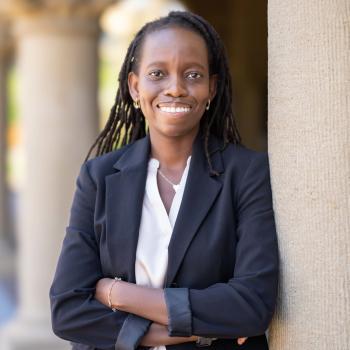
Indication:
Anti-infective, HematologyModality:
Antibiotic, BiologicLaura Dassama , PhD
Assistant ProfessorProfessor Laura M. K. Dassama is a chemical and structural biologist who uses tools of chemistry and physics to provide molecular insights into complex biological processes. Her group’s primary goal is to use detailed understanding of the factors that enable interactions between biological molecules to provide insights that allow functional control of those molecules. Her research projects aim to 1) discover the drivers of biomolecular interactions and 2) leverage that information to modulate disease relevant proteins.
Full Profile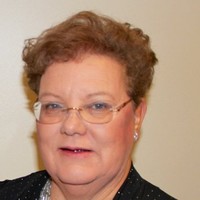
Indication:
Anesthesia, NeurologyModality:
Small MoleculeFrances Davies , PhD
Program OfficerI am a Ph.D. neuropharmacologist who has used electrophysiological, biochemical, behavior techniques to investigate mechanism and effects of many of the drugs used in anesthesia. Throughout my career I have made contributions to the fields of benzodiazepines and GABAA receptors, mechanisms of serotonergic and opiate transmission, and in mechanism of action of analgesia and sedation of acute and chronic administration of alpha-2 adrenergic agonists and of nitrous oxide. At Molecular Research Institute as the Director of Experimental Program I worked with computational chemists to design new opiate and benzodiazepine drugs using the same skills I have been using for this
